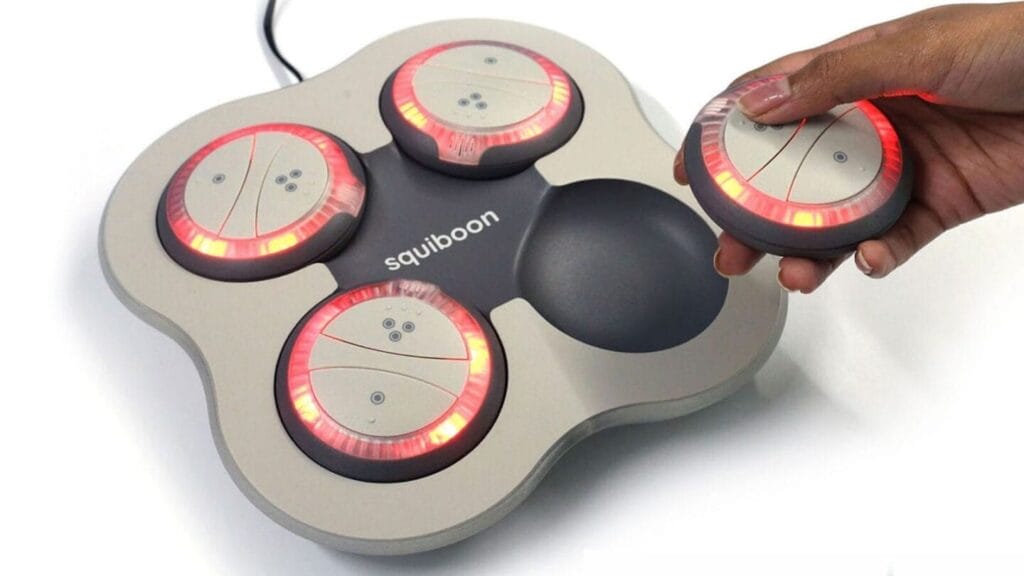

Centaurs, shufflers and Squiboon: Colorful names belie powerful new technology tools, aimed at older adults, that were named as part of a cohort to receive seed funding from a prominent University.
Eleven projects will receive funding and support from the Design Age Institute in London, an eclectic mix that includes caregiver apps, one-person vehicles and the aforementioned “Squiboon,” an entertainment system designed to combat loneliness.
In addition, the applications range from items that are geared more toward providing more independent living and tools that senior living providers could use to help enhance residents’ quality of life.
The university announced the latest group of program recipients last week.
Some of the highlights:
- The Centaur, a smart wheelchair system with controls that are designed to be easy to operate for older adults with physical and cognitive disabilities.
- Squiboon, an AI-enhanced interactive program that runs through users’ televisions and is designed for seniors to connect and combat loneliness. Squiboon’s developers emphasize that the program is especially useful for older adults in long-term care settings.
- The Shuffler, a lightweight exercise board that older adults can use while seated, to combat frailty and reduce the risk of falling emergencies.
- Eyecatcher, a smart glasses system that can make clinical-grade vision assessments without seniors needing to visit a doctor or hospital to evaluate their eye health.
- BelleVie, a virtual care worker platform to help connect seniors and caregivers and reduce administrative burdens for care staff.
In addition to funding, the program provides mentoring and access to experts from the Design Institute for assisting the projects. The full list of the 11 recipients, as well as past program participants, can be found here.
Although no timeline was announced for when the products will be available in the United States, these solutions were all deemed by the Design Institute to be “commercially viable.”


